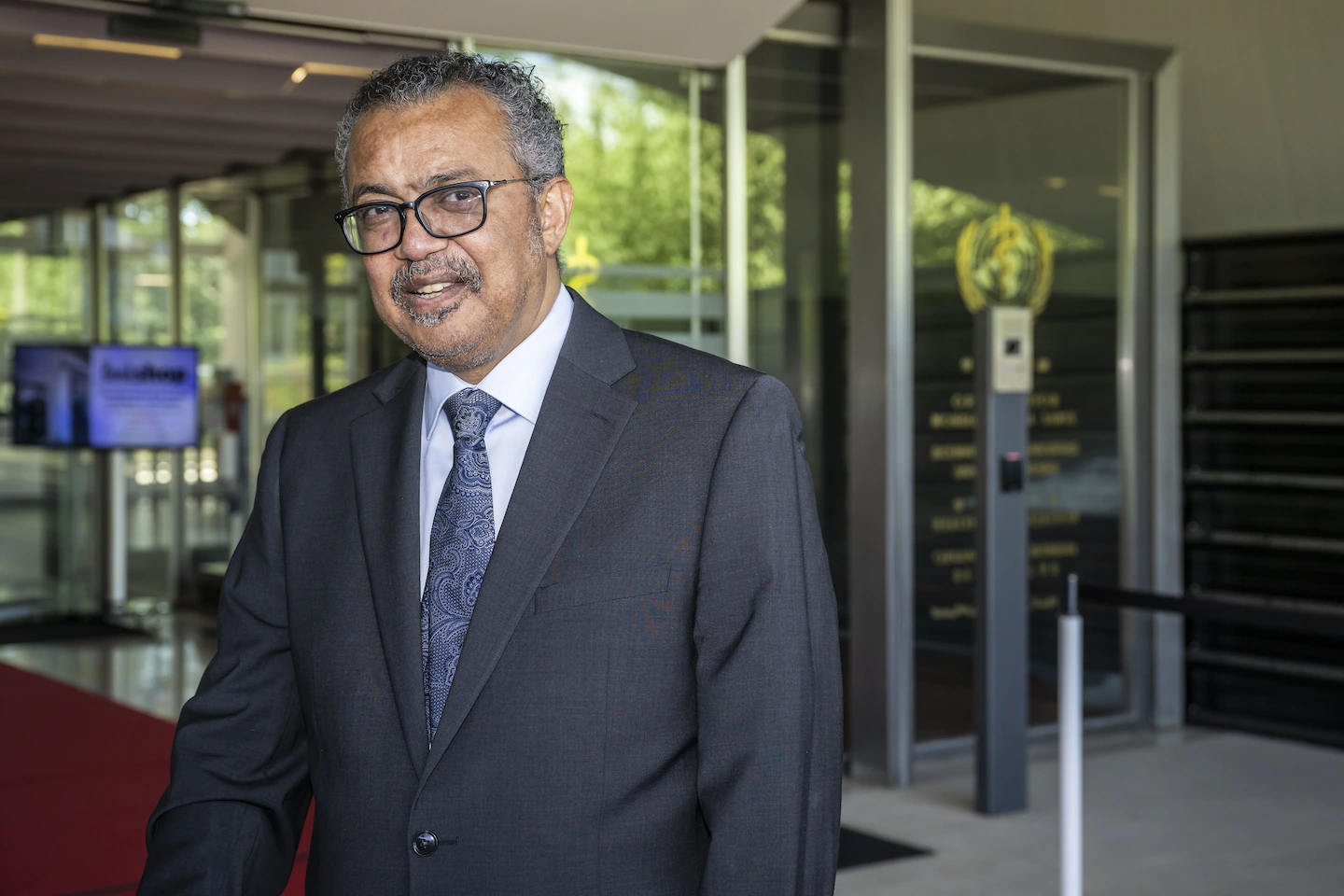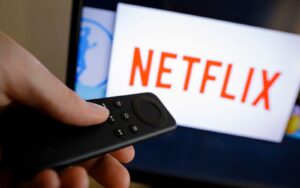“In short, we have an outbreak that has spread around the world rapidly through new modes of transmission about which we understand too little,” WHO Director General Tedros Adhanom Ghebreyesus told reporters Saturday.
The decision means the world is now confronting two viral diseases that have crossed the extraordinary threshold of being declared health emergencies: covid-19 and monkeypox. The WHO labeled the coronavirus pandemic a global crisis early in 2020.
WHO officials said the global risk of monkeypox is moderate, but that it is high in Europe, where most of the infections have been recorded in an outbreak that ignited in the spring.
Tedros said that one of the reasons he moved to declare a global health emergency is the potential for stanching the outbreak, which is overwhelmingly concentrated in men who have sex with men.
“That means that this is an outbreak that can be stopped with the right strategies in the right groups,” Tedros said.
The WHO director general emphasized that any containment measures should respect the “human rights and dignity” of gay and bisexual men.
“Stigma and discrimination can be as dangerous as any virus,” Tedros said.
WHO officials also said higher rates of “health-seeking behavior” among gay and bisexual men and a culture of public health in the community shaped by the AIDS crisis can help end the outbreak.
The global health agency’s announcement was accompanied by recommendations to bolster a coordinated global monkeypox response designed to intensify surveillance, accelerate research into vaccines and therapeutics, and strengthen infection control in hospitals.
The recommendations call on people to avoid travel if they are experiencing monkeypox symptoms or are under health monitoring because of an exposure to someone who is infected.
The emergency declaration came after a second meeting of the International Health Regulations Emergency Committee, which declined to take the step a month ago.
The committee remained divided Saturday on whether the outbreak constituted an emergency, with nine members opposed to such a declaration and six in favor, Tedros said. But the director general took the unusual step of not heeding the advice of the committee and declaring an emergency, anyway.
The committee members who did not believe an emergency declaration was warranted cited several reasons, including early signs that the outbreak stabilizing. They also noted scant evidence of substantial transmission beyond men who have sex with men and concerns that a health emergency would fuel discrimination against the LGBT community in countries where homosexuality is criminalized.
Some experts and public health advocates had criticized the earlier decision not to issue the highest alert in late June, saying a declaration at that time would have improved global coordination to contain the virus.
Monkeypox has spread across the world at an unprecedented rate in the last two months. The zoonotic virus, which causes flu-like symptoms and rashes that spread across the body, has been around for decades and is endemic in parts of Africa. But infections during the latest outbreak have surged in countries that have not historically reported monkeypox.
Experts believe close contact during male-to-male sexual activity is a major driver of transmission in the ongoing outbreak. The virus spreads through other forms of skin-to-skin contact and in households through prolonged respiratory spread and the sharing of contaminated items. Authorities have also reported small numbers of women and children infected with monkeypox.
Rosamund Lewis, technical lead for monkeypox at the WHO Health Emergencies Program, said monkeypox appears to be concentrated among men who have sex with men because they have more frequent social gatherings and participate in events involving intimate contact with multiple partners.
“This is a situation where there is obviously more skin-to-skin, person-to-person contact,” Lewis said.
Because monkeypox belongs to the same family of viruses as the much deadlier smallpox, vaccines and therapeutics stockpiled in the event of smallpox’s return can be used to prevent and treat monkeypox.
And earlier this month, it was announced that nearly 800,000 more doses of monkeypox vaccine could be ready for distribution in the United States by the end of July following a Food and Drug Administration inspection of a Danish vaccine plant and the expected authorization of the facility.
Few deaths have been reported in the latest monkeypox outbreak, although some men have been hospitalized with excruciating pain linked to lesions near the genitals.
Spain leads the world in confirmed cases, with more than 3,100 infections, according to tracking by the U.S. Centers for Disease Control and Prevention. The United States has the second-highest tally, at nearly 2,900 cases, with Germany and Britain each reporting more than 2,200 infections.
On Friday, health authorities reported the first two U.S. cases of monkeypox in children. The pediatric cases, detected this week in an infant and a toddler, are probably the result of household transmission, according to the CDC.
On Saturday, the CDC issued a statement supporting the WHO’s emergency declaration, “as it can serve to galvanize the international community to more quickly and effectively respond to and combat this virus.”
The WHO’s move is not likely to have a direct effect on the U.S. response. But it could put pressure on the Biden administration to declare monkeypox a public health emergency, which could result in increased funding and compel states and local authorities to report more data to the CDC.
During a Washington Post Live interview Friday, CDC Director Rochelle Walensky said inconsistent data inhibits the agency’s ability to observe trends in race and ethnicity, sexual behavior and vaccination.
“And yet again, like we were for covid, we are again really challenged by the fact that we at the agency have no authority to receive those data,” Walensky said.
Public health advocates hailed the WHO’s decision to label monkeypox a global emergency.
“With monkeypox cases continuing to rise and spread to more countries, we now face a dual challenge: an endemic disease in Africa that has been neglected for decades, and a novel outbreak affecting marginalized communities,” Josie Golding, head of epidemics and epidemiology at the global health organization Wellcome, said in a statement. “Governments must take this more seriously and work together internationally to bring this outbreak under control.”
Lena H. Sun contributed to this report.


